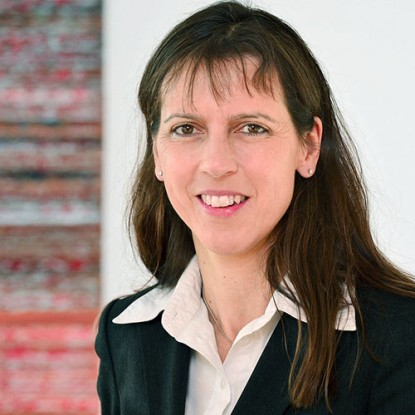Innovation economics perspective:
Theoretical:
- General equilibrium model that analyses the spatial distribution of economic activity in a two-region context as a function of various policy objective functions.
- Determination of objectives/actors/instruments
- Direction and strength of impact
- Implication of policy interaction (national/supranational) and link back to regional distribution of economic activity.
Adaptation of the model to the specifics of Clean Circles
- Implementation of heterogeneous regions (global North, global South);
- Provision of global public goods,
- Identify and parameterize innovation drivers and barriers;
- Derive economic policy recommendations
Empirical
- Develop knowledge graph in the context of the question
- Basic and applied knowledge: who are the actors (personal/regional)
- Content overlap based on semantic analysis
- Relative location of iron storage technologies in the context of energy storage systems



